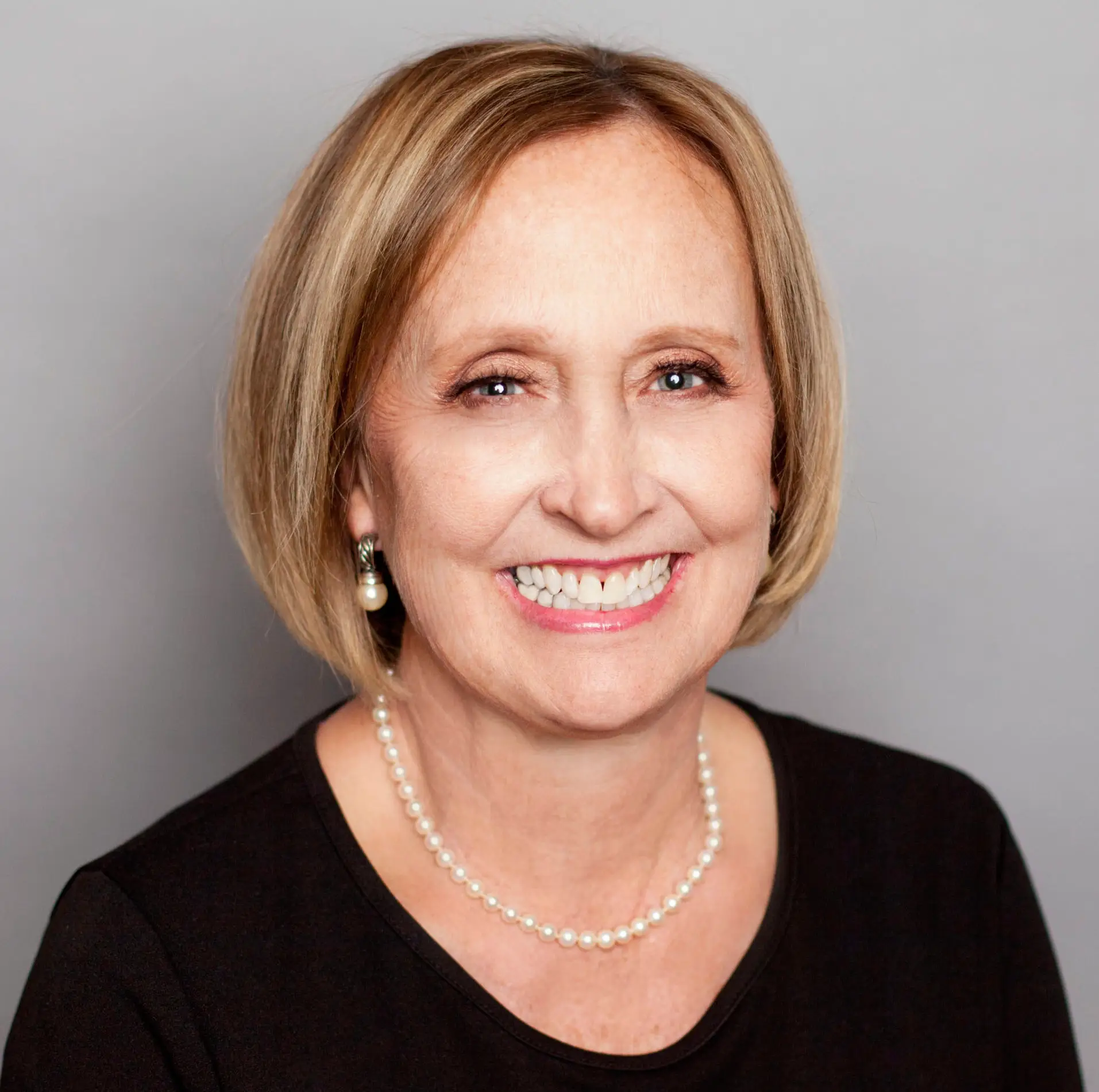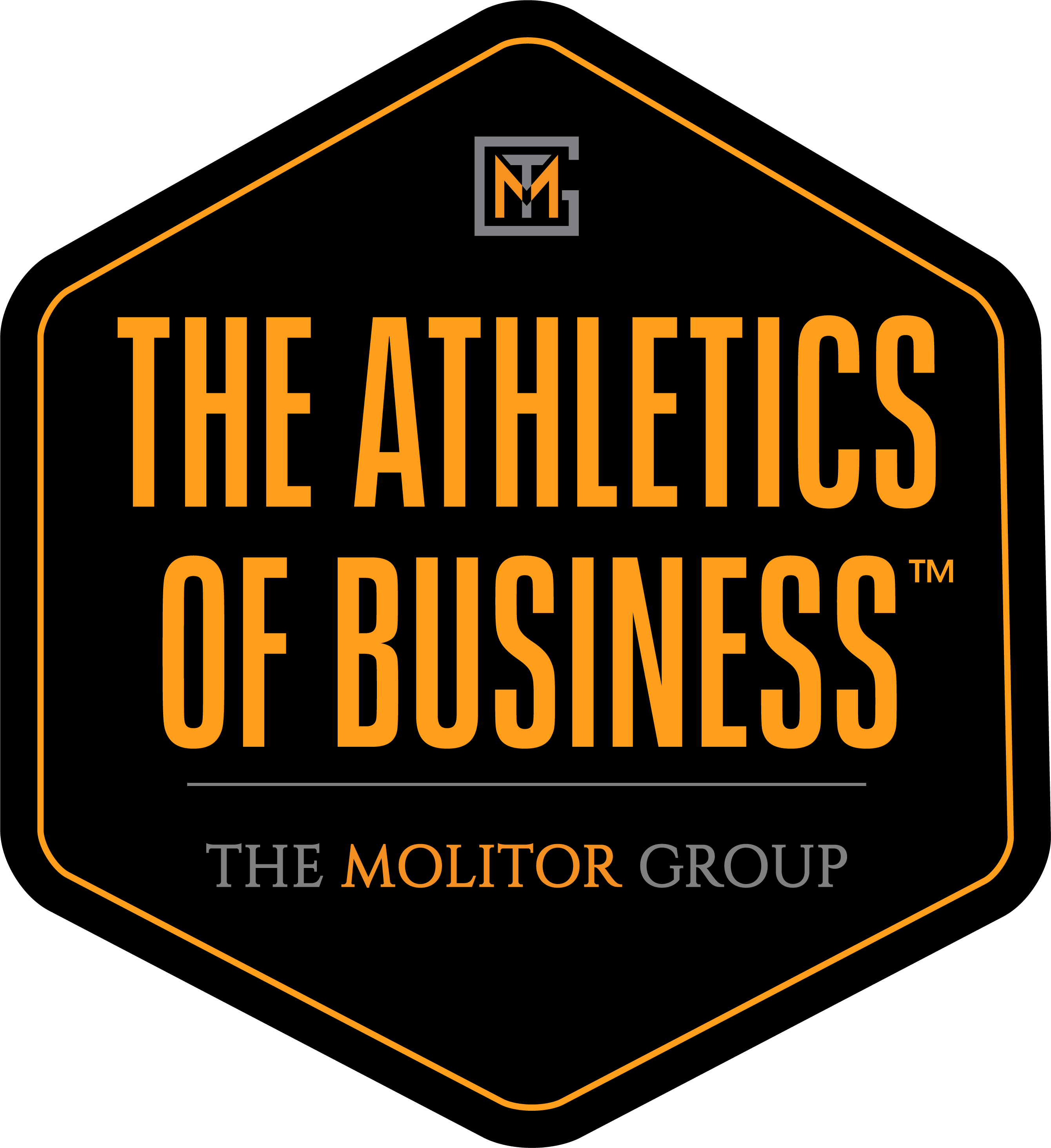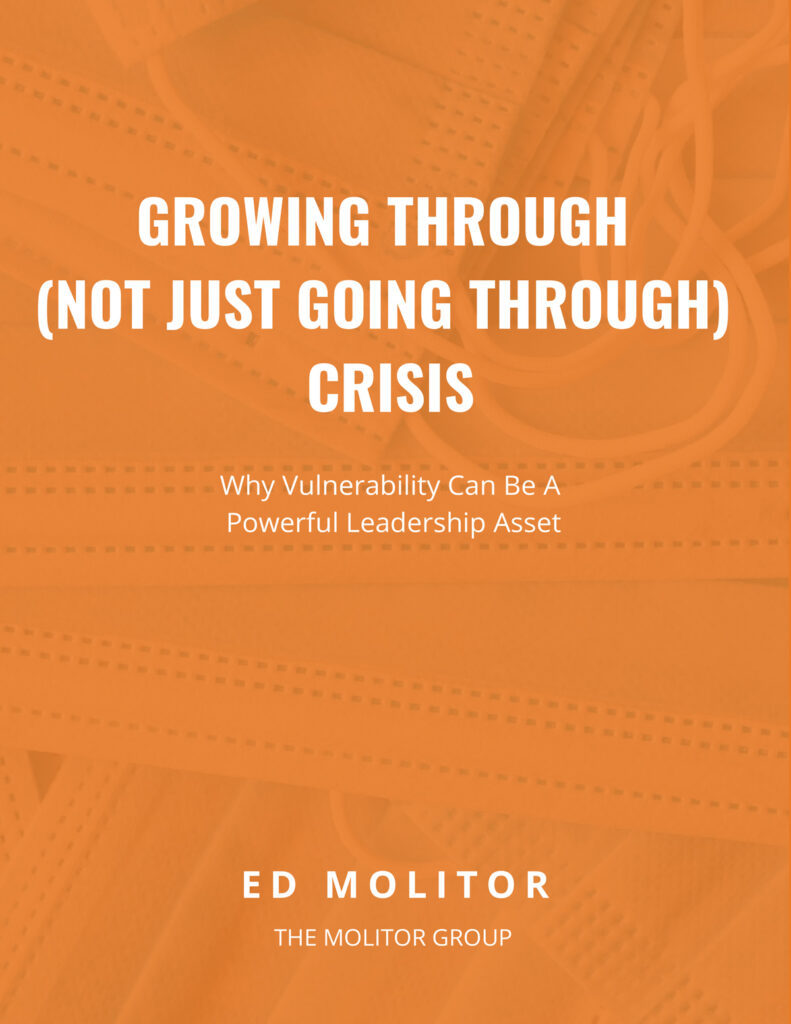
Cynthia Covey Haller is an author, teacher, speaker, and active participant in her community. She is the oldest of nine children of the late Stephen and Sandra Covey. Cynthia is the co-author of the last book that the late Stephen R. Covey wrote"Live Life in Crescendo: Your Most Important Work is Always Ahead of You". The book was just released and it is a masterpiece where Covey urges all to “live life in crescendo,” continually growing in contribution, learning, and influence. She also contributed to the writing of several other books and articles, notably The 3rd Alternative by Stephen R. Covey, The 7 Habits of Highly Effective Teens, and The Six Most Important Decisions You'll Ever Make, both by Sean Covey. Cynthia graduated from Brigham Young University and lives with her family in Salt Lake City, Utah. She has held multiple leadership positions in women’s organizations and is currently working with her husband, Kameron, as a service volunteer helping with employment needs.
What you’ll learn in this episode:
- How the book idea for Live Life in Crescendo: Your Most Important Work is Always Ahead of You was born between Cynthia and her father Stephen R. Covey
- Why it was so important to Cynthia to finish writing Live Life in Crescendoafter her father passed away unexpectedly
- One of Cynthia’s fondest memories of her father where he demonstrated his commitment to keeping his word
- What living in crescendo can mean at different stages of your life, including periods of struggle
- How to live in crescendo when faced with adversity, such as when you are unhappy or underappreciated at work
- How to define your version of success in life and then achieve it
- Why it’s important to focus on a life mission to create a legacy, instead of focusing on a career
- What are the 3 questions to ask yourself to help uncover your life’s mission
- Why adopting a philosophy of your most important work is always ahead of you is so important for our current challenging times to help you stay connected to future ideas
- What Stephen R. Covey’s definition of leadership is, which excludes the old method of command and control
Additional Resources:


